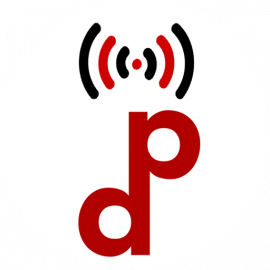Bulletin #43: WHO Executive Board sets agenda for 2023

This fortnight
The World Health Organization’s Executive Board is holding its 152nd meeting in Geneva from January 30 to February 7. The Board’s decisions will set most of the agenda to be addressed by WHO during the year, and include health emergencies, progress reports towards Universal Health Coverage, and the state of rehabilitation services, among other things.
Despite a cramped agenda, health activists have warned that key problems are being left unaddressed by the Executive Board. These include structural hurdles in the way of achieving Health for All, including the increasing influence of the corporate sector on matters concerning global health. While this affects all of WHO’s fields of work, one of the most hit is nutrition. Tackling malnutrition and hunger has been at the top of the organization’s agenda for decades, but effective action is still missing.
The delegates in Geneva will continue the ongoing discussion on the financing of the WHO, including a new proposal for a replenishment mechanism. Andrew Harmer and Gargeya Telakapalli explain what this could mean in practice, and why it should be approached carefully. More on this subject can be found in our Data speaks section.
The debates inside the WHO are influenced by the political paths that its members choose to pursue at national level. The same paths can have practical implications for people’s health, as illustrated by the United States’ blockade of Cuba. We bring an in-depth report on how the blockade is affecting access to health care in both countries, in English and Spanish.
In the third episode of the Global Health Watch podcast, activists from Sama - Resource Group for Women and Health, talk about the interlinkages between gender and health, and the impact of COVID-19 on women. The fourth episode brings insights from activists from Medact on the topic of peace and health.
In focus: 152nd session of WHO's Executive Board
WHO Executive Board to discuss outbreaks of diseases old and new, financing and universal coverage
The 152nd session of WHO’s Executive Board is being held from January 30 to February 7. On the agenda are crucial issues such as progress towards Universal Health Coverage, equitable access to diagnostics and therapeutics, and nutrition
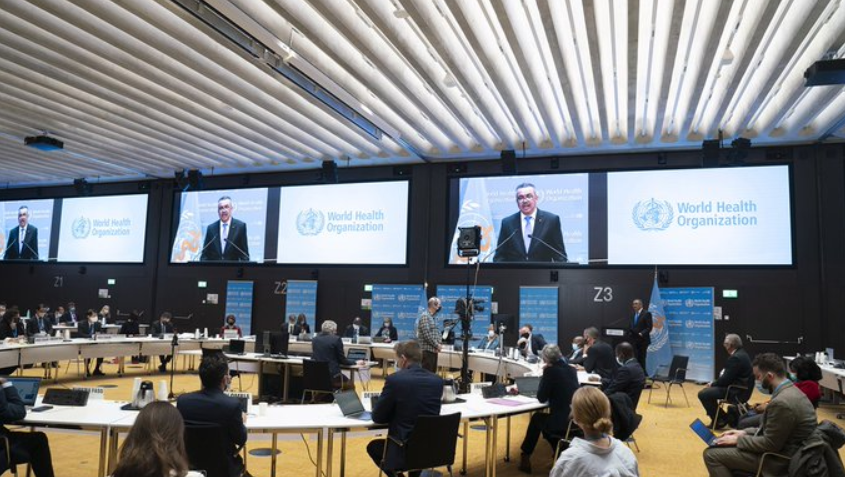
Food for thought: The UN Decade of Action on Nutrition at the WHO
The WHO Executive Board is evaluating progress on the Decade of Action on Nutrition 2016-2025 as the world struggles with rising levels of hunger and malnutrition
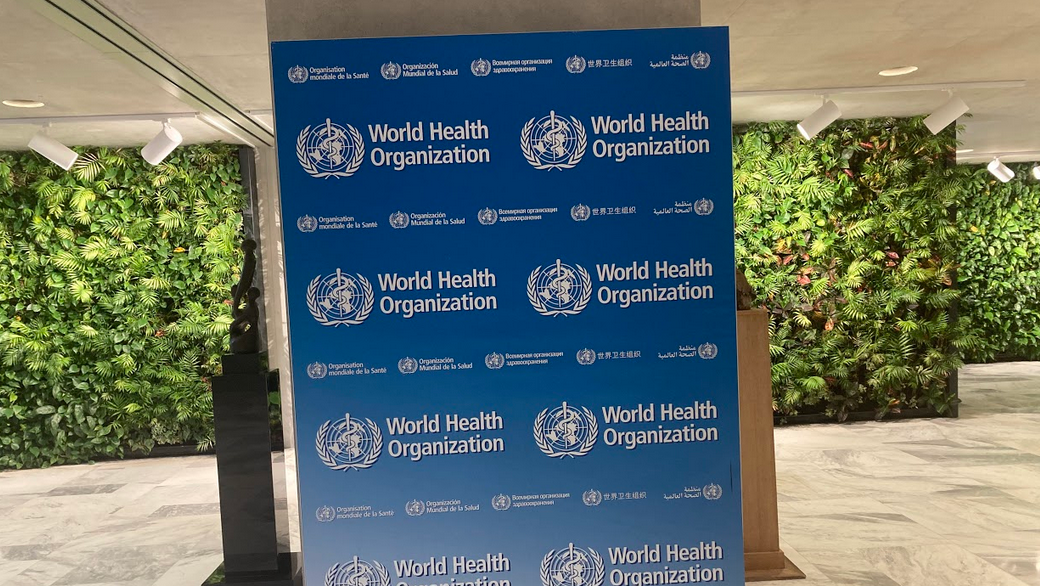
A replenishment mechanism for WHO?
As the World Health Organization’s Executive Board gets ready to hold its 152nd meeting, the budget and financing of the United Nations health agency remain at the top of the agenda
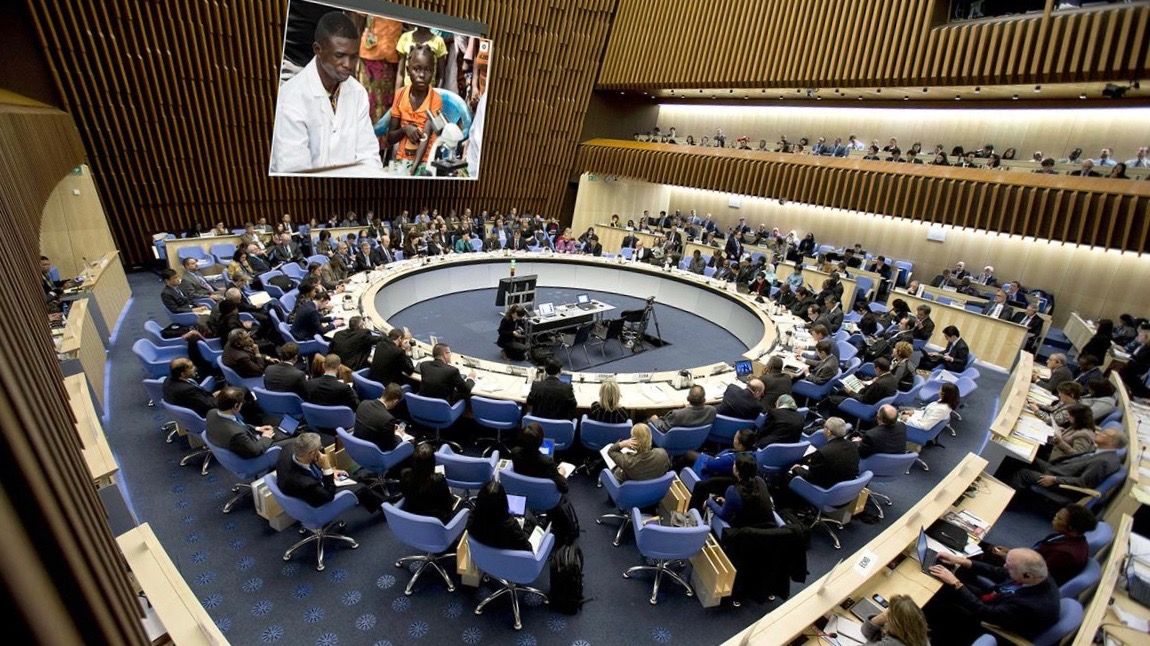
Video: Should WHO’s Executive Board be discussing a more ambitious agenda?
The World Health Organization’s Executive Board's agenda fails to incorporate global health governance discussions. Nicoletta Dentico and Lauren Paremoer clarify what’s missing at the EB table
Video: Will the WHO get better financial support?
As the World Health Organization's Executive Board discusses its budget and ways of raising funds, Andrew Harmer, Senior Lecturer in Global Health Policy, Queen Mary University, and Gargeya Telakapalli of People’s Health Movement discuss how the organization is funded now, what its constraints are, and what the future might bring
Featured articles
The US blockade of Cuba hurts medical patients in both countries
By lifting sanctions against Cuba, people in the US could have access to life-saving treatments being developed in Cuba for diseases which ravage working-class communities each year
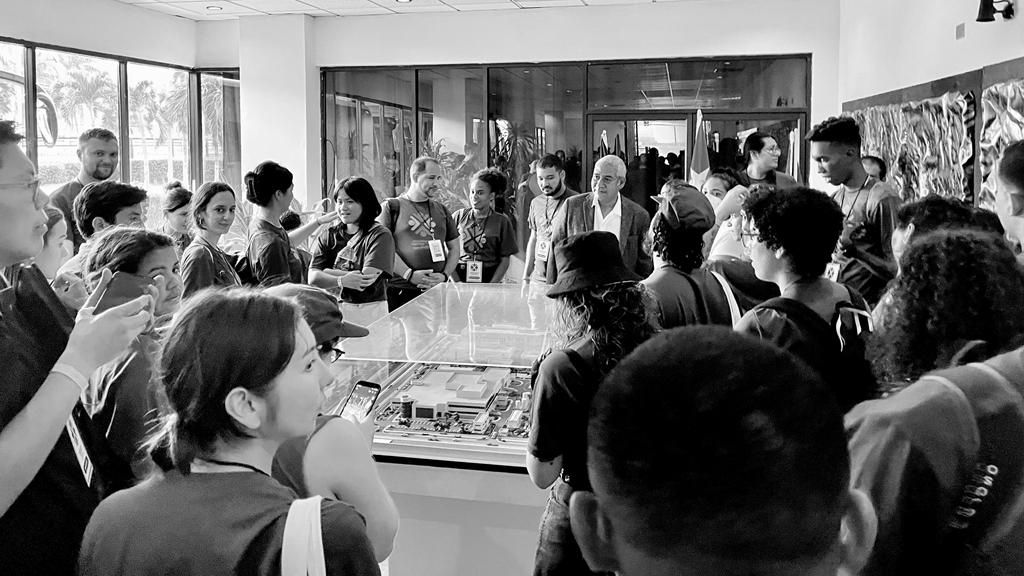
Español
El bloqueo estadounidense a Cuba perjudica a pacientes médicos de ambos países
El bloqueo a Cuba limita su capacidad para compartir sus avances científicos y tecnológicos con el resto del mundo
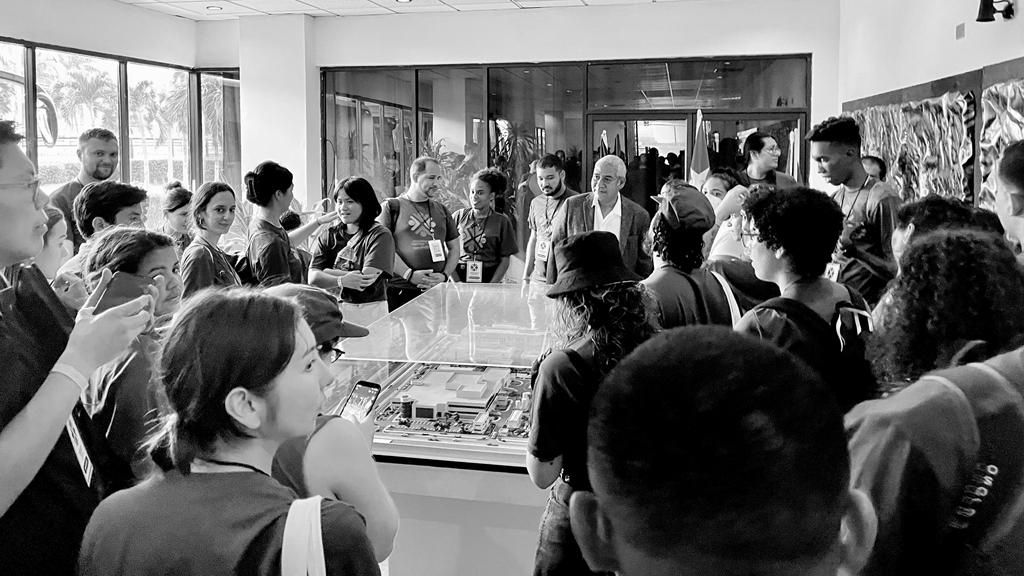
Global Health Watch podcast
In this podcast episode, Sarojini Nadimpally, Neelanjana Das, Aakriti Pasricha and Adsa Fatima analyze the multiple and intersectional nature of gender discrimination and oppressions, showing how Covid-19 has disproportionately and negatively impacted women in their roles as healthcare, social and domestic workers
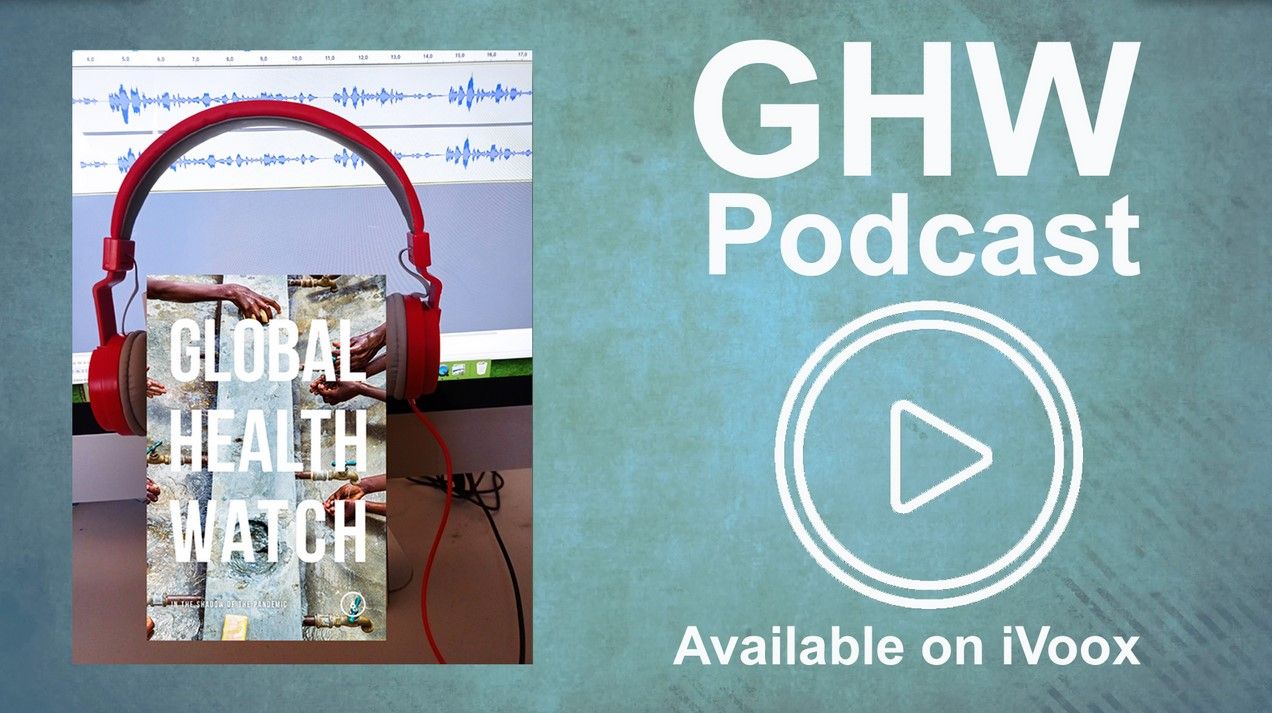
Featuring Roman Gnagi and Catia Confortini from Medact, this podcast episode illustrates the concept of positive peace and its relation with the social determinants of health and health promotion, to then analyze the different approaches to peacebuilding and the role that health activists and health workers can play
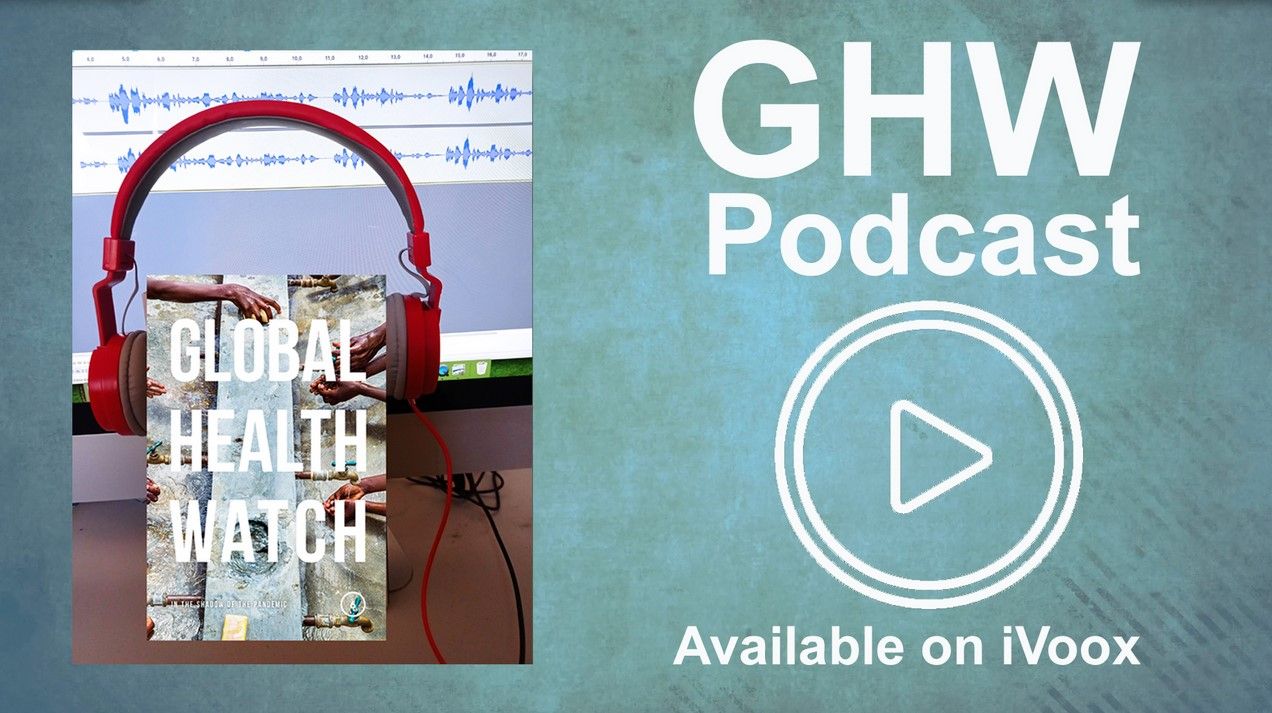
Data speaks
WHO base funding 2020-2021
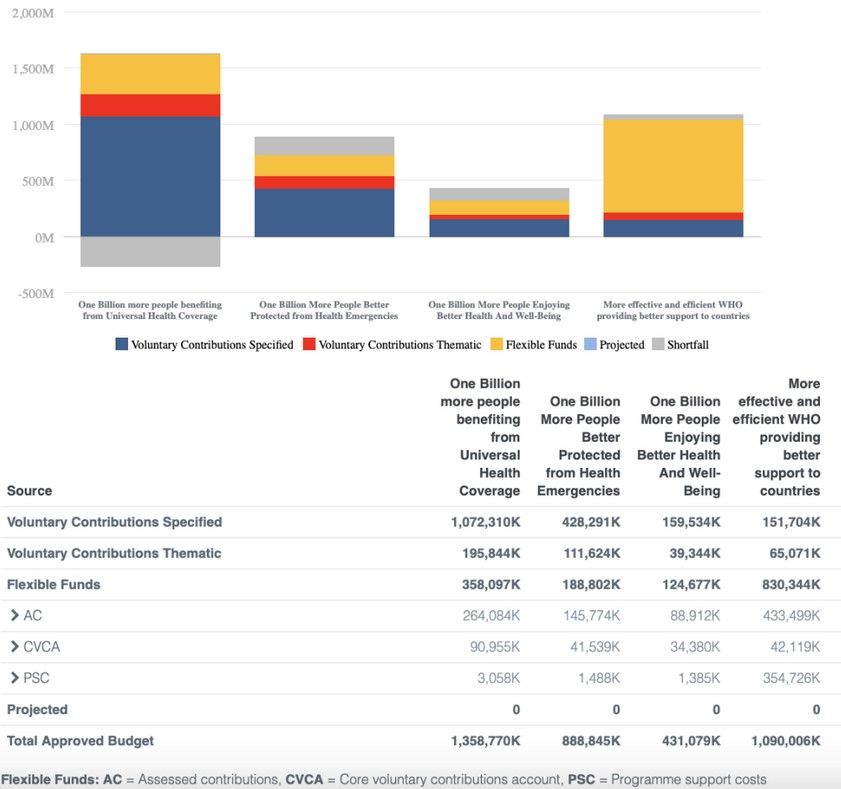
In case you missed it
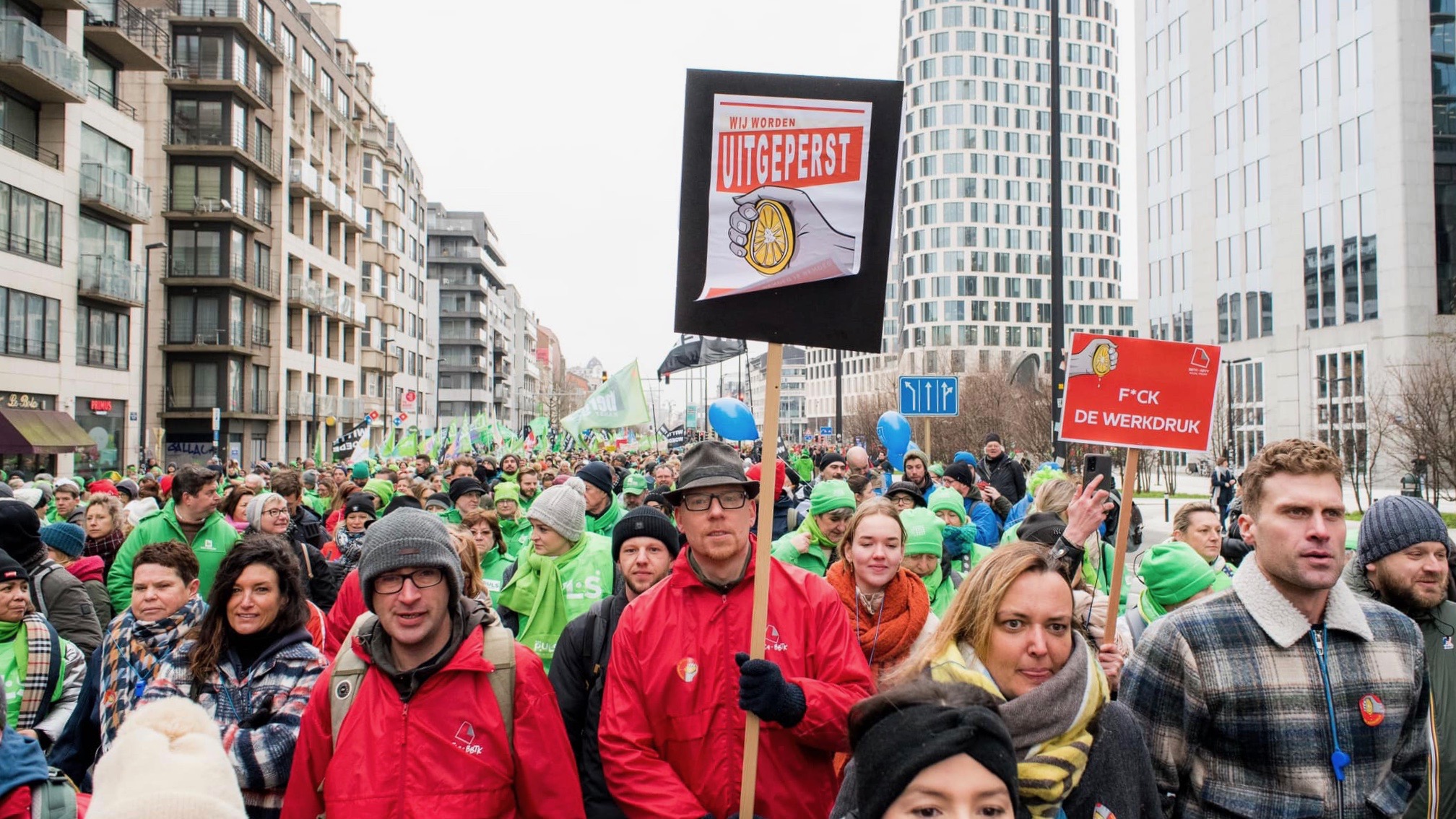
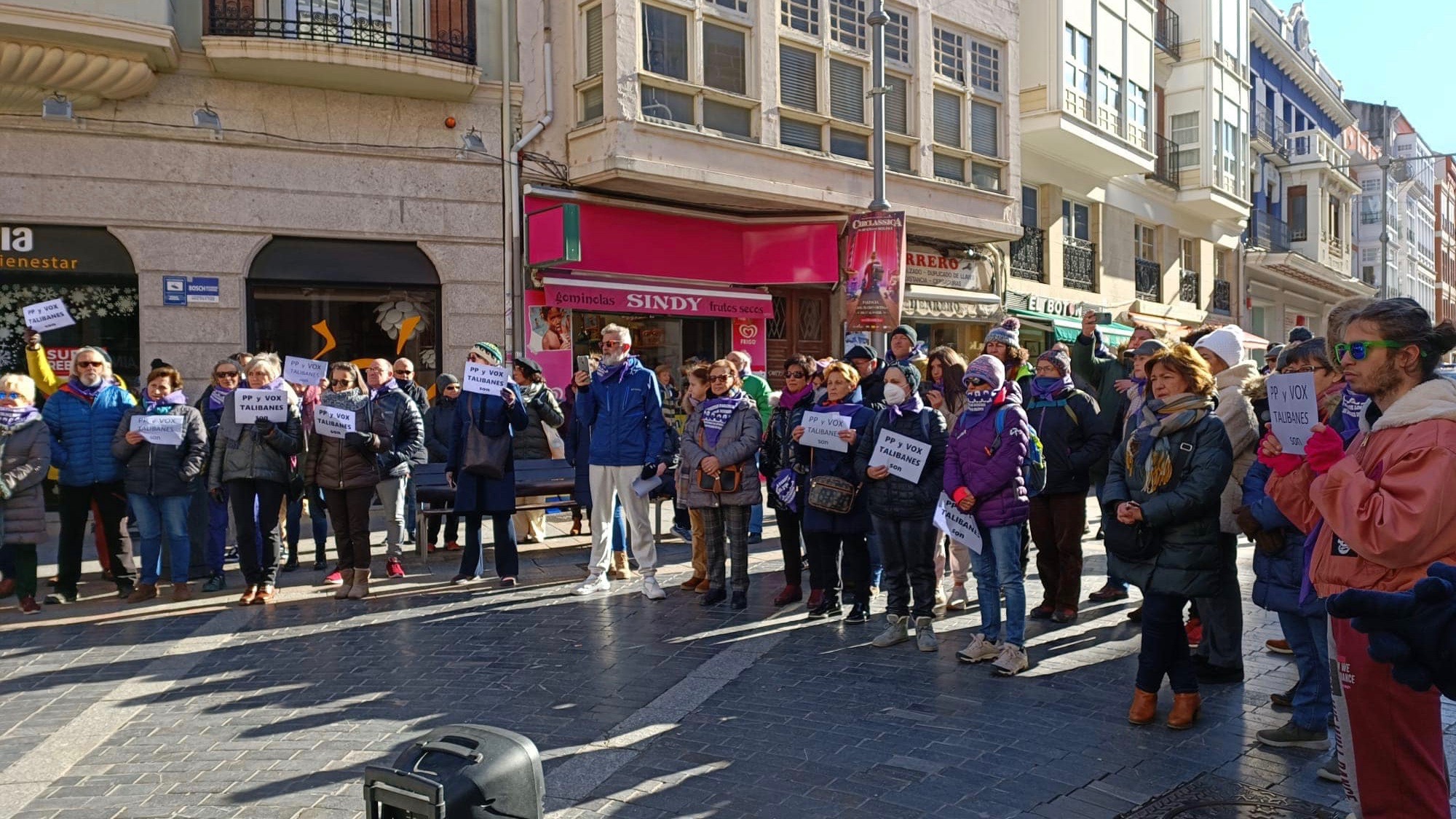
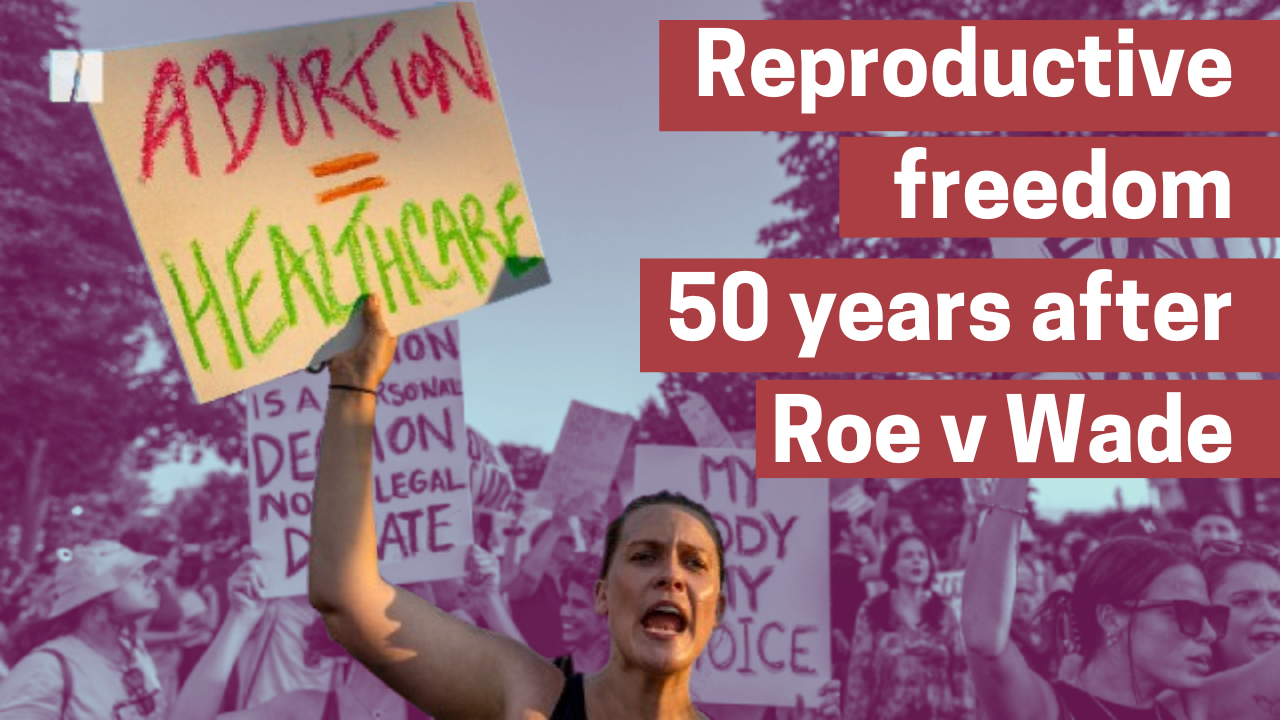
.JPG?itok=XIQqo0Mt)


